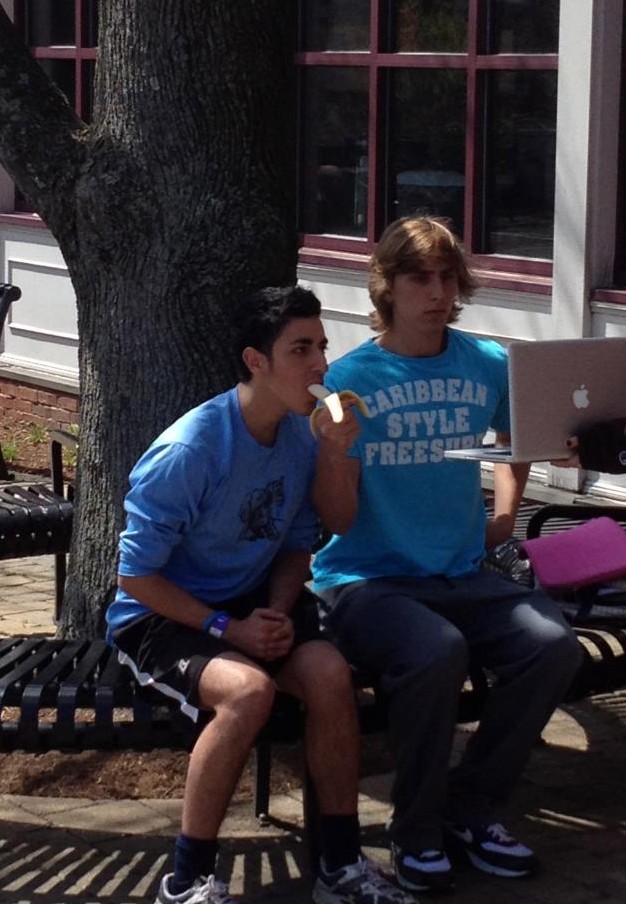About half of my 20-year-old daughter’s many friends are of the male persuasion. Does she refer to them as men or boys when talking about them in the third person (ie. behind their backs)? The trouble is, they’re no longer boys, and to refer to them as such would be as demeaning as it would be inaccurate. But these youngsters with their lanky gaits and fresh-faced grins can’t really be called men either: they’re not yet blessed with the gravitas or the sheer male experience that would earn them that moniker. So where does that leave these young chaps, in terms of what we should call them? Curiously, it isn’t quite the same for girls teetering on the edge of womanhood: girl is generally acceptable — and can even be regarded as quite flattering — for a maiden long past her official passage into adulthood.
Boy officially means “a male child or youth”, according to the Oxford Dictionaries. In plural form it can refer informally to men who mix socially or who belong to a particular group, team, or profession: eg. “he wants to go out with the boys”. “Boy bands” are often just that: ensembles of pre-pubescents with more than just wet dreams who rarely make music together as men. And in days now fairly long gone, boy was sometimes used as an affectionate address for or to a man: “Let me advise you, my dear boy”, or “The old boy has seen better days”. But essentially, the word is reserved for those of pronounced youth or immaturity, before dropped voices and facial hair turn them into their official adult incarnations, ie. men.
In the US, we’ve found a solution for this ambiguous linguistic interregnum between boy and man: we call these youngsters guys. In fact, guy serves as a suitably vague catch-all to describe not just a male of indeterminate maturity or unspecified age, but also — especially in its plural form — a group of mixed genders and even ages; it’s not unusual to have girls or young women included in a group of guys (think the equivalent of the French pronoun for they — ils, which covers either men or men and women), although it is predominantly a male thing. A guy thing. Dude is also gaining ground — and not just in comic screenplays by Judd Apatow or in jocular boy-bonding-speak; that dude with the green hair can apply appropriately if informally to any guy of any age or persuasion.
Brits have an equivalent term, bloke, that’s often used to describe those gangly man-boys — and indeed any male past puberty, young or old. But unlike guy, bloke is male-specific: girls aren’t ever included in a gathering of blokes, however many pints they can knock back. Other British-English words — now for the most part outdated — for a man of any age are fellow and chap. Lad was a word that covered both boys and youthful males, but unless used poetically (or by a Scotsman), it’s more or less gone from our vernacular today.
Juvenile suggests criminality, and youth now carries derogatory if not downright criminal overtones. So those fellows pictured above are probably happy that guys, blokes and dudes are firmly entrenched in our vocabulary, removing the need for us to choose between the men and the boys.
Dedicated to Jake, Flo’s favorite guy.

